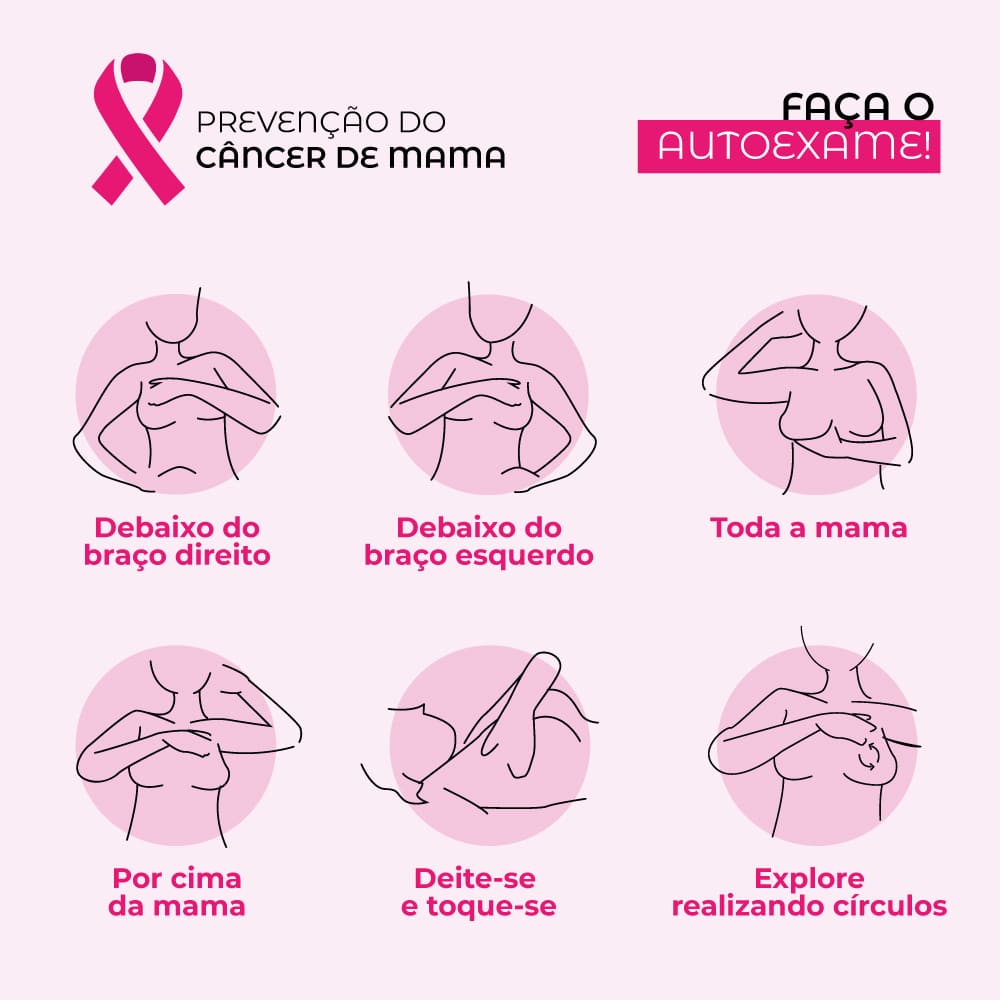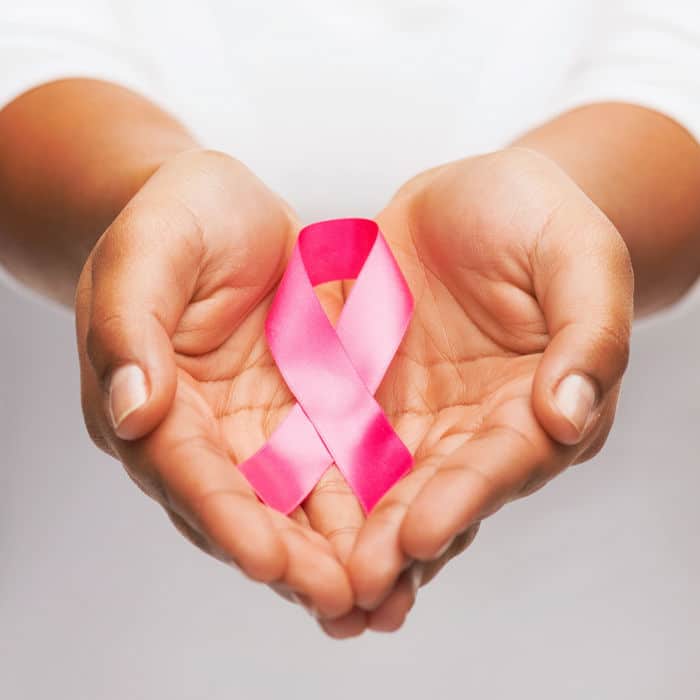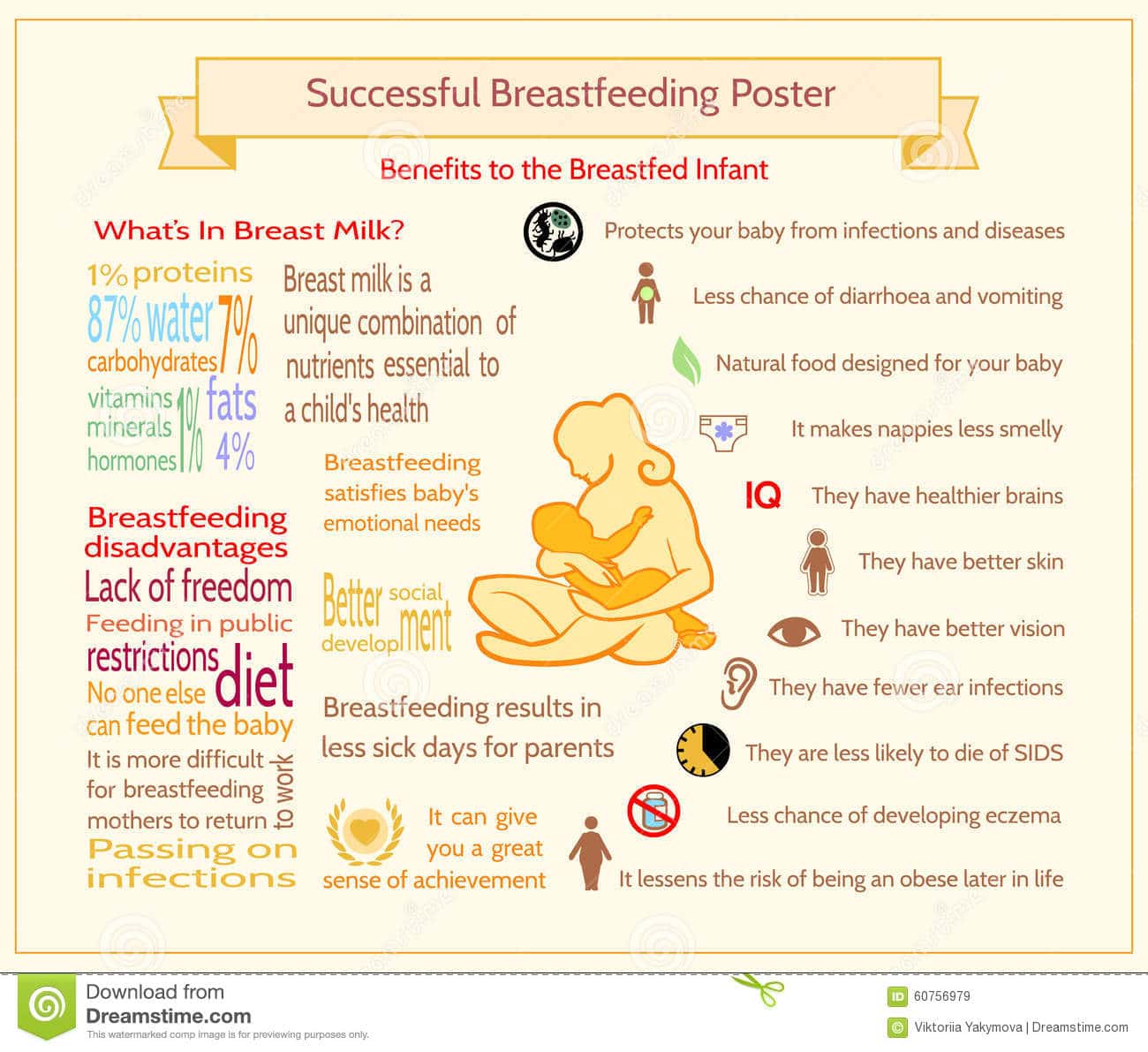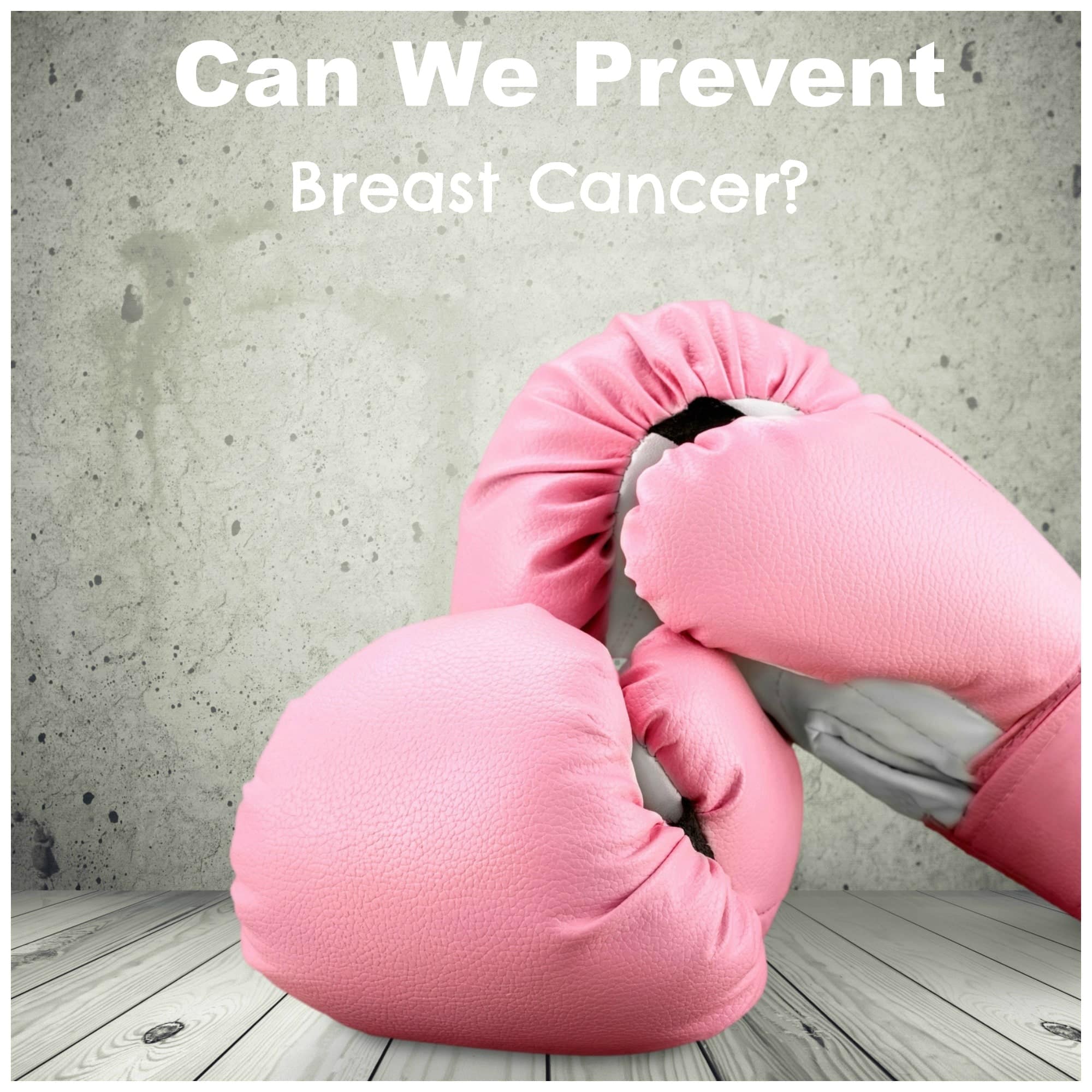How Many Women In The United States Breastfeed
Although most infants receive some breast milk, most are not exclusively breastfed or continue to breastfeed as long as recommended. Four out of 5 infants start out breastfeeding, but only 1 in 4 infants are still exclusively breastfed at 6 months. There are also major disparities, or differences among different groups, for breastfeeding. For example, black infants are 15% less likely to have ever been breastfed than white infants. These disparities are improving some.
Inclusion And Exclusion Criteria
The eligible studies were included as follows: study design of cohort or case-control, clearly defining the outcome of interest as cancer of specific anatomical site , reporting the relative risk or odds ratio and corresponding 95% CI to calculate the association between breastfeeding and cancer risk among children, or providing sufficient data to calculate them, if study populations overlapped, we selected the one with larger sample size. The exclusion criteria were as follows: systematic review or meta-analysis letter, meeting, or comment duplicate studies retrieved from various databases. Two reviewers independently performed study review and inclusion, and discrepancies were solved by a third reviewer .
Does Breastfeeding Help Against Breast Cancer
Breastfeeding lowers the risk of developing breast cancer, particularly if you have your children when you are younger. The longer you breastfeed the more the risk is reduced. It is not completely clear why this is. But the reduced risk might be because the ovaries dont produce eggs so often during breastfeeding.
Recommended Reading: Positive Nodes In Breast Cancer
Other Ways To Lower Breast Cancer Risk
Some women may be unable to breastfeed or may not have children. There are still ways they can lower their breast cancer risk. Living a healthy lifestyle that includes regular exercise, healthy and nutritious foods, and maintaining a healthy weight is beneficial in disease prevention in general.
Limiting alcohol intake can also help reduce breast cancer risk. Never smoking is a game-changer when it comes to preventing illness. If you do smoke, quit as soon as possible. Stay on top of breast cancer awareness, especially if your family history puts you at high risk for the disease.
We Dug Through The Complicated Research To Help You Minimize Your Risk

Most women can rattle off a couple benefits of breastfeeding: Fewer colds and illnesses? Yep. A precious way to bond? Definitely.
But things get a little murkier when it comes to one, potentially life-saving reason to breastfeed: a reduced risk of breast cancer. While plenty of research has established a link, it’s surprisingly hard to get straight answers. We sorted through the studies to give you the scoop.
Also Check: What Is Hr Negative Breast Cancer
Does Breastfeeding Cause Breast Cancer
Conversely, pregnancy and breastfeeding, which both reduce a womans lifetime number of menstrual cycles, and thus her cumulative exposure to endogenous hormones , are associated with a decrease in breast cancer risk. In addition, pregnancy and breastfeeding have direct effects on breast cells, causing them to differentiate, or mature,
Why Does Breastfeeding Reduce The Risk Of Breast Cancer
Research has pointed to a few theories, though none have been proven. One is that women who breastfeed have fewer menstrual cycles throughout their lives, and therefore less exposure to estrogen, which has been shown to fuel some types of breast cancers. Another theory: Breastfeeding makes breast cells more resistant to mutations that can cause cancer.
Additionally, there are lifestyle factors that often come into play: Breastfeeding women tend to give up smoking and drinking, eat healthier foods, and in general take care of themselves better. These behaviors are known to reduce your breast cancer risk.
Recommended Reading: Prevalence Of Breast Cancer In Us
Who Is At Greatest Risk For Breast Cancer
The most important risk factors for breast cancer are:Being a woman.Aging.Over 70 percent of women who develop the disease have only these two risk factors. The risk of breast cancer increases as a woman gets older. This is even more important after the age of 50. Most breast cancers are found in women 55 and older.
What Is The Best Diet For Cancer
For example, women who eat a Mediterranean diet supplemented with extra-virgin olive oil and mixed nuts might have a reduced risk of breast cancer. The Mediterranean diet focuses on mostly on plant-based foods, such as fruits and vegetables, whole grains, legumes, and nuts. People who follow the Mediterranean diet choose healthy fats, such as olive oil, over butter and eat fish instead of red meat.
You May Like: Can You Have Breast Cancer Without Symptoms
Is Breastfeeding Longer Good For You
We dont yet have a conclusive answer to this, but research, like The Lancet study, has pointed to a trend that longer is better. Even if you supplement with formula, it appears that breastfeeding of any kind still reduces your risk. So dont feel like its all-or-nothing if youre struggling with supply issues.
Other Benefits Of Breastfeeding
Ideally, infants should be exclusively breastfed from birth until around six months old. They can continue to consume breast milk along with solid foods until they area year old or even older. This is important to the overall health of the baby and should be done whenever possible.
The benefits of breastfeeding for the child are fairly well known. Babies who are breastfed have a lower risk for asthma, obesity, type 1 diabetes, ear and respiratory infections, sudden infant death syndrome, and gastrointestinal infections like diarrhea and vomiting.
What are less well known are the benefits of breastfeeding for mothers. Not only does it lower breast cancer risk, but breastfeeding also lowers the risk of ovarian cancer. Mothers who breastfeed are less likely to develop high blood pressure and type 2 diabetes.
Read Also: Best Strain For Breast Cancer
How Many Women Breastfed For 3 Months
56.7 in the 364 women who hadnt had children or breastfed for fewer than 3 months. 55.5 in the 109 women who breastfed for 3 to 6 months. 65.4 in the 31 women who breastfed for more than 6 months. When the researchers compared women who smoked to women who didnt smoke, they found that smoking affected breast cancer risk more than breastfeeding.
Diet And Cancer Report 2018

In 2018, we produced the Diet and Cancer Report, the third in our series of major reports looking at the many ways in which our diets, and how active we are, affect our cancer risk. You can find out much more about lactation and the risk of cancer by . Please note, however, that this webpage may have been updated since the report was published.
Recommended Reading: Breast Cancer Foods To Avoid
Breastfeeding Lowers Your Breast Cancer Risk
Breastfeeding can be a challenge. But the health benefits for both youand your baby are worth the effort.
You probably know that breastfeeding can give your baby a healthy start. But thats not the only health benefit. It also can lower your breast cancer risk.
Research shows mothers who breastfeed lower their risk of pre- and post-menopausal breast cancer. And, breastfeeding longer than the recommended six months can provide additional protection, says Lindsey Wohlford, wellness dietitian.
Most women who breastfeed experience hormonal changes during lactation that delay their menstrual periods. This reduces a womans lifetime exposure to hormones like estrogen, which can promote breast cancer cell growth.
In addition, during pregnancy and breastfeeding, you shed breast tissue. This shedding can help remove cells with potential DNA damage, thus helping to reduce your chances of developing breast cancer, Wohlford says.
Breastfeeding also can help lower your ovarian cancer risk by preventing ovulation. And the less you ovulate, the less exposure to estrogen and abnormal cells that could become cancer.
Here’s what you need to know about breastfeeding and tips for support.
Breastfeed for at least six months
After six months, breast milk provides at least half of your childs nutritional needs. So, you can gradually introduce foods like baby cereal, fruits and vegetables. However, you should continue to breastfeed.
The Link Between Breastfeeding And Breast Cancer
Does breastfeeding reduce the risk of breast cancer? Yes, it does, though the specifics are hard to pinpoint. There are four studies worth noting.
A large-scale analysis of nearly 150,000 women published in The Lancetin 2002 found that for every 12 months of breastfeeding , the risk of breast cancer decreased by 4.3 percent, when compared to women who didn’t breastfeed at all.
Then a 2009 study of more than 60,000 women published in the Archives of Internal Medicine found that women with a family history of breast cancer reduced their risk of getting the disease before menopause by nearly 60 percent if they breastfed.
A study published in 2014 by the Journal of the National Cancer Institute found that women of African ancestry have an especially high risk of developing the aggressive and hard-to-treat forms of breast cancer called estrogen receptor-negative and triple-negativeand the risk actually goes up when a woman gives birthbut breastfeeding negates this risk.
“There seems to be growing evidence that breastfeeding is associated with a lower risk of the really aggressive kinds of breast cancer,” says Alison Stuebe, M.D., an assistant professor of obstetrics and gynecology at the University of North Carolina at Chapel Hill and the lead author of the Archives of Internal Medicine study.
Don’t Miss: When To Get Tested For Breast Cancer
How Does Breastfeeding Help With Breast Cancer Prevention
Apyan: Most people dont realize how many protective mechanisms there are in breastfeeding for moms in addition to babies.
Studies have shown that the more breastfeeding a mom does, the more they are protected against breast cancer. And it doesnt all have to be for one baby its a cumulative effect, so can be for multiple babies over a lifetime. The key timeframe for effectiveness is breastfeeding for a minimum of 6 months.
Does Breastfeeding Reduce Breast Cancer Risk
A 2017 report issued by the American Institute for Cancer Research and the World Cancer Research Fund concluded that five months of breastfeeding is associated with a significant 2% drop in the risk of breast cancer. The AICR/WCRF panel drew these conclusions from 13 studies involving 11,610 women. 1
Also Check: What Tests Are Used To Diagnose Breast Cancer
Breastfeeding Lowers Your Risk Of Breast Cancer
The benefits may extend to mothers and children
Breastfeeding is healthy for your baby and a wonderful way to bond with them. It has also been shown to lower a woman’s risk of breast cancer due to its positive effects on hormones, damaged cells, and genes that either fuel or help protect one from the disease.
Furthermore, breastfed babies may have a reduced risk of childhood illnesses as well as certain cancers later in life.
Surgery For High Risk Breast Cancer
Surgery to remove both breasts may be a possible option for women at very high risk. This is known as a bilateral risk reducing mastectomy. Bilateral means both sides and mastectomy means removal of the breast.
It is important you meet a genetic counsellor before you make a decision about having surgery. They will talk about your own personal risks and explain other options, for example screening for high risk women. Your surgeon and specialist nurse will tell you about the surgery. They will also talk about your feelings and any concerns you may have.
During the operation the surgeon removes as much breast tissue as possible but its not possible to remove it all. So, although surgery lowers your risk it does not go away completely.
You may be able to have breast reconstruction during the surgery, or at a later date. This is surgery to make new breasts using tissue from elsewhere in your body or implants.
Choosing to have risk reducing surgery can be a difficult time for you and your family, so it is important to ask questions. Your doctors and nurses will support you when making your decisions and throughout your treatment.
Speak to your doctor if you have family members with breast cancer and you think you might be at risk of developing it.
Also Check: Can You Get Breast Cancer At 17
How Can I Lower My Risk Of Breast Cancer
To lower your risk: Limit alcohol. The more alcohol you drink, the greater your risk of developing breast cancer. Dont smoke. Evidence suggests a link between smoking and breast cancer risk, particularly in premenopausal women. Control your weight. Being overweight or obese increases the risk of breast cancer. Be physically active.
How Breastfeeding Lowers Breast Cancer Risk

While a woman is pregnant and soon after giving birth, hormonal changes cause a pause in her monthly period. Breastfeeding extends these hormonal changes. As a result, women who breastfeed arent exposed to as many hormones over their lifetimes as women who dont. Since overexposure to estrogen and other hormones is linked to breast cancer risk, breastfeeding lowers breast cancer risk. This benefit is maximized if women breastfeed their babies for at least one year.
Another reason that breastfeeding is linked to breast cancer risk reduction is that women generally watch their diet more while breastfeeding. Since they are eating more nutritious foods and not smoking or drinking, breastfeeding mothers lead healthier lives overall. This lifestyle lowers breast cancer risk.
Recommended Reading: Can You Work During Breast Cancer Treatment
It’s Easy To Get The Care You Need
See a Premier Physician Network provider near you.
Sticking it out with breastfeeding takes perseverance. And now theres new evidence to back your conviction that its your healthiest choice. You probably already know about breastfeeding advantages for your baby. But do you know that breastfeeding benefits you, too? Among its health perks, research shows that women who breastfeed have a reduced risk of breast cancer. And, women who breastfeed the longest receive the greatest benefit.
What Foods Reduce Breast Cancer
What foods should you add to your diet during cancer treatment?
- Plant-based Proteins. Some of the best foods to eat during chemotherapy or other cancer treatments are plant-based proteins.
- Healthy Fats. Monounsaturated and polyunsaturated fats also have health benefits.
- Healthy Carbs. When choosing carbohydrates, opt for foods that are minimally processed, like whole wheat, bran and oats.
- Vitamins and Minerals.
You May Like: How Dangerous Is Breast Cancer
How Breastfeeding Reduces Breast Cancer Risk
If breast cancer runs in your family, it is good to know a bit about the disease. Things like breast cancer awareness and regular screenings can help. There is something else you can do to lower your breast cancer risk: breastfeed. Here is why breastfeeding can prevent you from getting cancer in some cases.
What Is Considered High Risk For Breast Cancer
High risk for breast cancer is defined as a greater than or equal to 20% lifetime risk, or in other words, a one in five chance of developing breast cancer over a lifetime. We all know someone a coworker, family member such as a mother, sister, daughter or friend that has been diagnosed with this disease.
Also Check: Common Symptoms Of Breast Cancer
What Is A Summary Table For Breast Cancer
Breastfeeding and breast cancer risk. This summary table contains detailed information about research studies. Summary tables are a useful way to look at the science behind many breast cancer guidelines and recommendations. However, to get the most out of the tables, its important to understand some key concepts.
How Much Does Breastfeeding Reduce The Risk Of Sids
Breastfeeding survival curves showed that both partial breastfeeding and exclusive breastfeeding were associated with a reduced risk of sudden infant death syndrome. Conclusions: This study shows that breastfeeding reduced the risk of sudden infant death syndrome by approximately 50% at all ages throughout infancy.
Recommended Reading: What Is Survival Rate For Stage 4 Breast Cancer
Our Cancer Prevention Recommendation
> The advice for mothers is to breastfeed your baby, if you can.
A 2016 review of breastfeeding patterns around the world suggests that most mothers, regardless of income group, breastfeed their babies at some point after birth.
However, even in low-income countries, where breastfeeding rates tend to be higher than in high-income countries, only 47% of infants are exclusively breastfed for the first six months of life. The global average is 36%.
In our 2018 Third Expert Report, the term lactation refers to the process by which the mother produces milk to breastfeed, whether directly or through expressing or pumping breastmilk. All the evidence about cancer risk presented in this part of the Third Expert Report relates to effects on the mother who is breastfeeding and not to effects on the child who is being breastfed.
Breastfeeding And Reduced Risk Of Breast Cancer

Reproductive risk factors associated with breast cancer risk include age of menarche, number of pregnancies, age at first birth, lifetime duration of breastfeeding, age at menopause, and use of menopausal hormone therapy however, research has found that these factors are differentially associated with each subtype.5 Breastfeeding is of particular interest for breast cancer prevention because it is a modifiable risk factor. Breastfeeding not only reduces breast cancer risk but also confers other health benefits to the mother including reduced risk for endometrial and ovarian cancers8 and reduced risk for chronic conditions that are also risk factors for cancer, such as hypertension and diabetes.9,10 Additionally, breastfeeding provides many benefits to the infant, including fewer episodes of diarrhea, ear infections, and lower respiratory infections and a lower risk of sudden infant death, diabetes, asthma, and childhood obesity.11
You May Like: Can Breast Cancer Spread To Thyroid